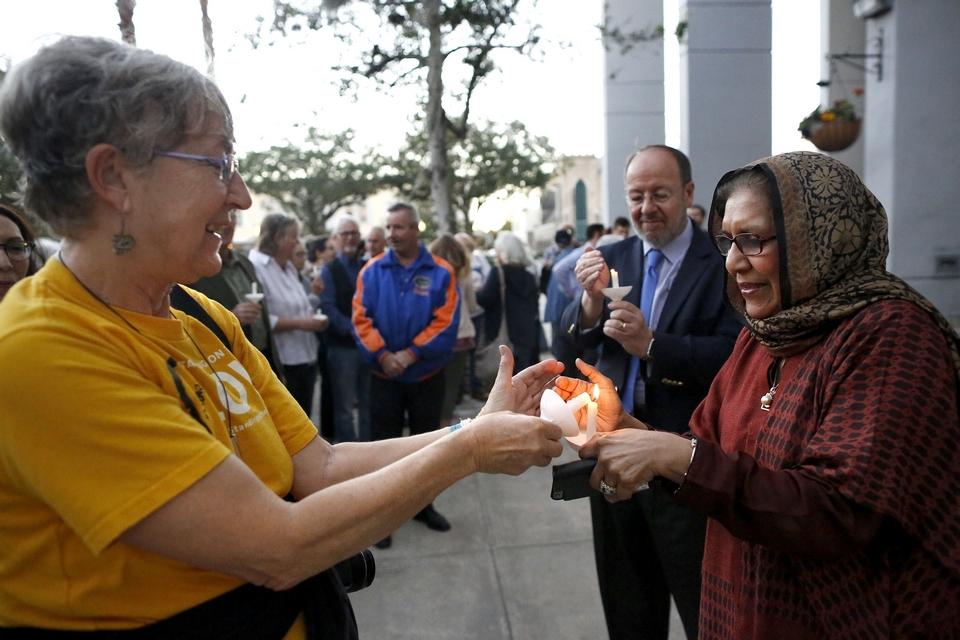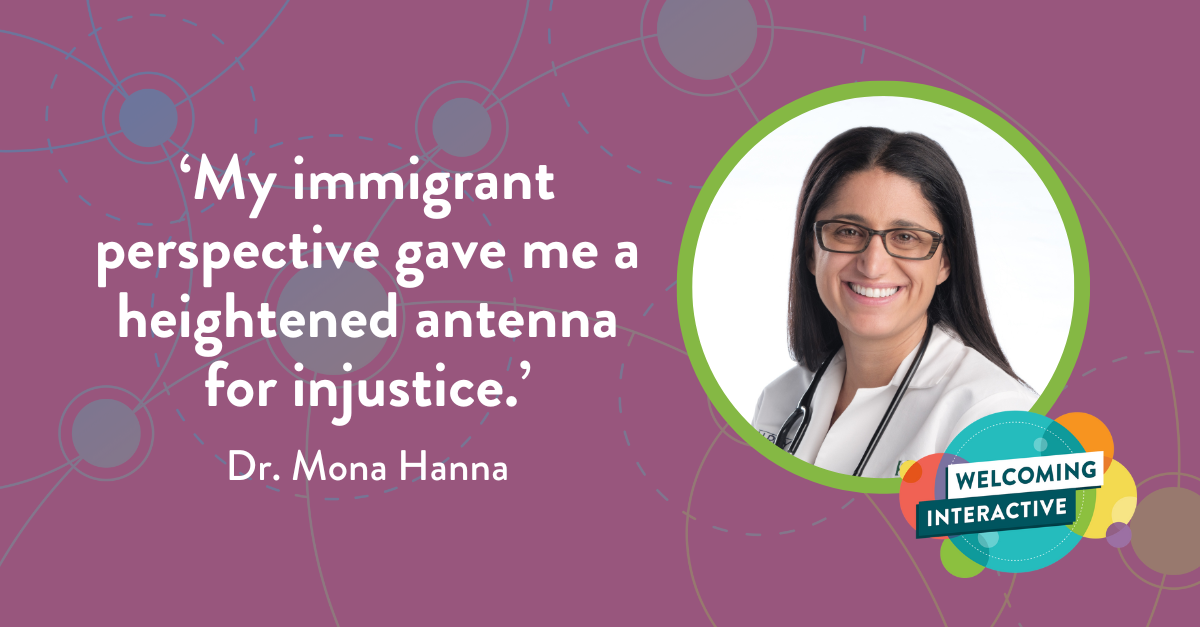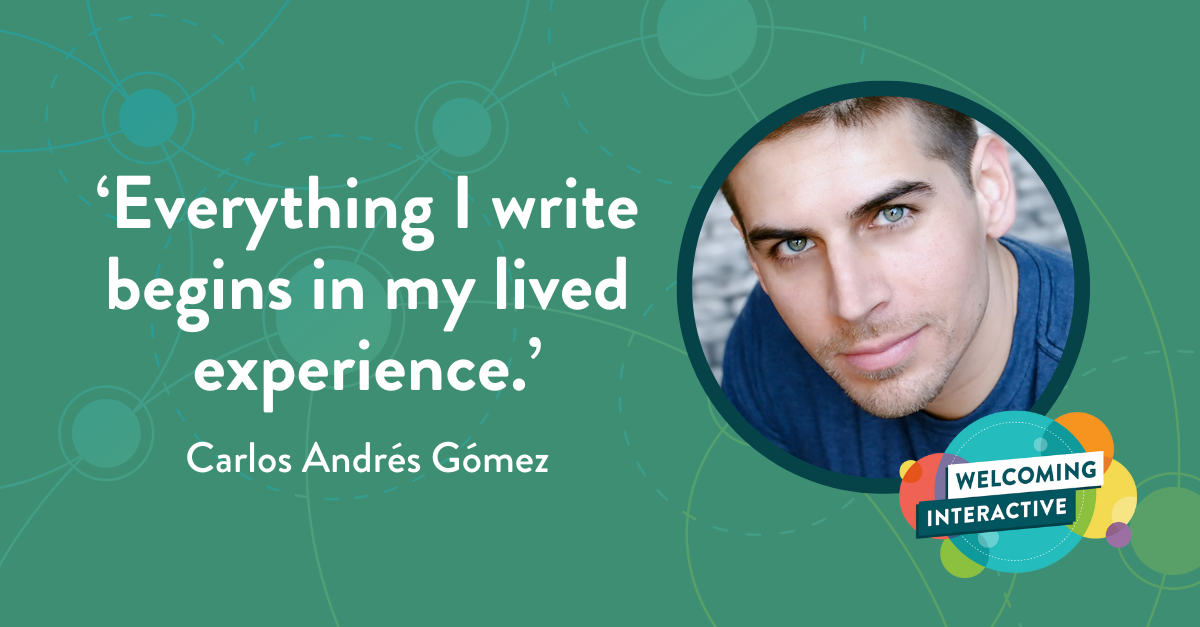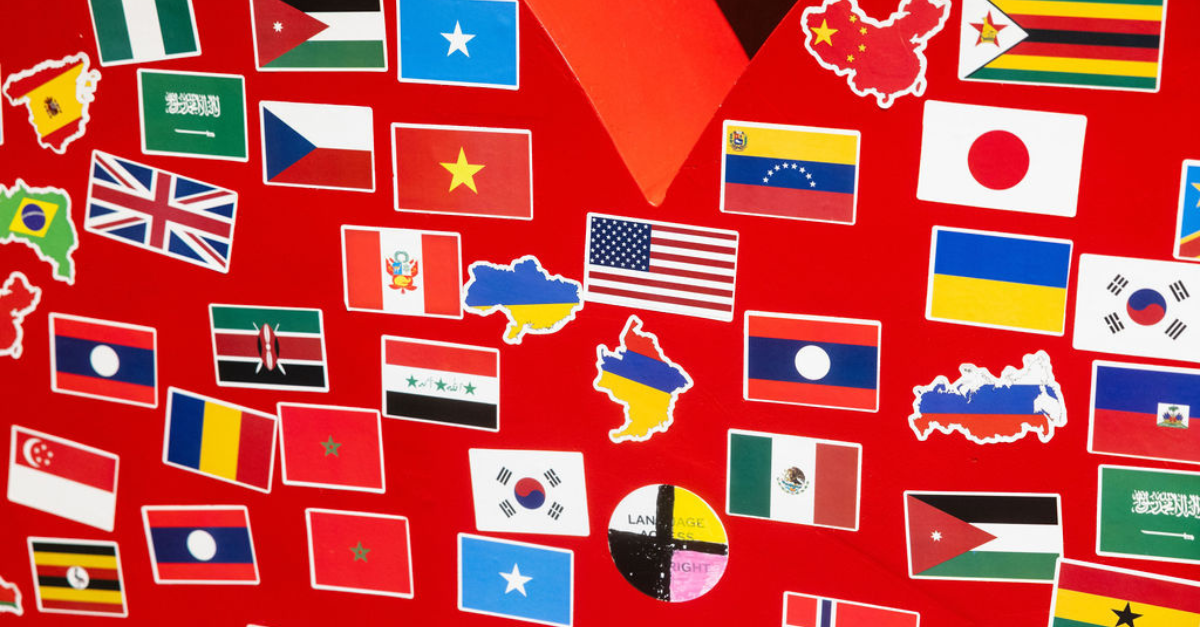
What it will take to unite our nation
Seventy-five years ago, my grandparents lost nearly everyone they loved in the Holocaust and came with my mother as refugees to this country, where they were able to build new lives and call themselves Americans.
Today, when I hold my daughter’s tiny toddler hands in mine, I think of how my grandmother became an orphan, and of the agony of mothers and children seeking safety in our own country only to be turned away, torn apart or put behind bars.
Unfortunately, in the lead up to the midterm elections, we are experiencing an all-too-familiar cycle, where politicians find scapegoats for today’s complex challenges and emphasize the issues that divide us, rather than our shared interests and values. From Native American families to enslaved people to our conflicted history with immigration, America has always hung in the balance between ideals and fear-based reactions. We see this division growing with the use of dehumanizing language at the highest levels. It is all too easy for this cycle of ‘othering’ to spiral downward, as some of us are defined as legitimate Americans, others as unwanted, illegal, or criminal. I know where that cycle can go; it is the reason my family sought refuge here. It is also the reason why democracy so consistently has fallen short of its promise of equal opportunity for all, and is today more fragile than ever.
It doesn’t have to be this way. We can decide to be welcomers.
After a decade of working with communities that represent a microcosm of America when it comes to immigration, I believe there are reasons to be hopeful, and lessons for the path forward, if we look to local practices rather than federal rhetoric and gridlock.
First, we need to acknowledge the changes our communities have experienced and move forward in ways that lift up all Americans. Many places across the U.S. have changed as a result of migration, and language and cultural differences can get in the way of people getting to know their newest neighbors – leading to fear and misunderstanding, rather than the opportunity for people to discover what they share in common.
Nashville, Tennessee in 2005 was a city, much like others in the South, whose immigrant population had grown quickly Couple that rapid and unfamiliar growth with political fear mongering and you have a toxic brew, a white-hot nexus of nativism. What the organizers of the Welcoming Tennessee initiative recognized was that both newcomers and long-time residents felt alienated, and they worked to find common ground across shared values. Nashville ultimately beat back the nativist voices that were clamoring for people who were caught in the ambivalent middle, and set Nashville on a path to becoming among the nation’s most welcoming – and prosperous – cities in the nation.
Secondly, to change the norm, we need to provide a superior alternative. Again, communities provide a powerful example. Dayton, Ohio was among the first to do so. In 2011, the city brought leaders together to create a plan that expressed core values of inclusion and sought ways to attract – rather than expel – immigrants. That work continues, and the benefits to Dayton – and others in the Midwest who have followed – has been a reversal of a 50 year decline in population, and the reinvigorating of neighborhoods and storefronts as newcomers put down roots, open businesses, and contribute to the tax base and a renewed civic fabric.
Local communities are getting this right. Elected officials, residents, and business, faith, and civic leaders are coming together to proactively welcome all people who call their cities and towns home, and to develop the local policies and programs that set the stage for all people to contribute to their greatest potential. These places and their leaders remind us of the values that we hold, and show that we can create a future that everyone can be a part of and which lifts up all Americans. Not just in theory, but in practice.
If we want to enshrine the value of being a welcoming nation in such a way that moments such as those we’re witnessing become unthinkable, supporting local leaders who have the legitimacy and trust of their communities is a way to quickly do so at the scale and in the geographies we need to break the cycle and build a stronger and more prosperous democracy. I believe that the U.S. can still be that beacon to the world of how people from all backgrounds can live together in peace and prosperity – and communities will light the way forward.
Rachel Peric is the executive director of Welcoming America and a founding board member of Art and Remembrance.




